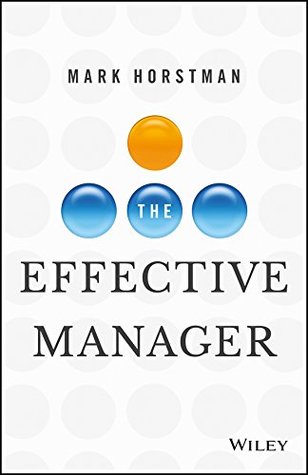More on this book
Community
Kindle Notes & Highlights
Project launch meetings are often much more about politics and image control, versus operational concerns.
When the project is over, the PMO3s stop.
if the team member wants you to mentor her, that would be a different meeting purpose and periodicity.
I recommend that you ask for the meeting first. Tell your team members the following: This is how I manage projects. It will help with communication. It will last only 30 minutes once a week. It will give you guaranteed time with me regularly, no matter what.
PMO3s will significantly reduce the bane of every project since the beginning of time: lack of communication.
The reason you need 15 half-hour slots if you have 10 directs is so the last direct who chooses still gets a choice. Don't worry—those five unused slots will come back to you.
planning is everything; plans are nothing. Things are going to change.
Walk them through the purpose, the agenda, how you're going to take notes, and how they're going to continue indefinitely. If you have questions about what might come up, please come to our website where we've got answers to all of them.
If you don't take time to build trust, your directs will struggle more and longer with getting more feedback from you.
The average manager hasn't been trained, tutored, mentored, taught, or coached with anything approaching professional development of the skills necessary for becoming a successful manager.
Now you have to decide what to do. Of course, the classic response is to do nothing.
They get defensive because managers talk to them about their mistakes—which happened in the past—about which the directs can do nothing. So, they feel trapped.
The purpose of performance communications (and therefore feedback) is to encourage effective future behavior.
do you want to be the boss, or do you want your team to be more effective?
Your choice of words makes a difference in business results.
you would argue that there are more effective words, and the words affect the meaning of the statement significantly.
When you are personally my two favorite words in the Manager Tools Feedback Model.
He's learned that, while it may feel good to vent, in the long run, it's ineffective.
His demeanor was very direct (and I'm being kind). I felt like there was meanness, power, and intimidation in his delivery.
He wasn't encouraging anything. He was threatening retribution through his role power.
If you're angry, don't give feedback. Period.
We can tolerate directs who make mistakes. We cannot tolerate directs who repeatedly make commitments they don't keep.
We recommend you wait because you need to learn the model well before you start using it to give negative feedback.
This is a hard concept for most managers to grasp. We all seem to want silver bullets—quick and easy, one-shot, no-brainer solutions. Stop looking for those
the best way to help people improve is by creating short-term tasks.
but the work has no value to the organization until the organization knows it's done.


